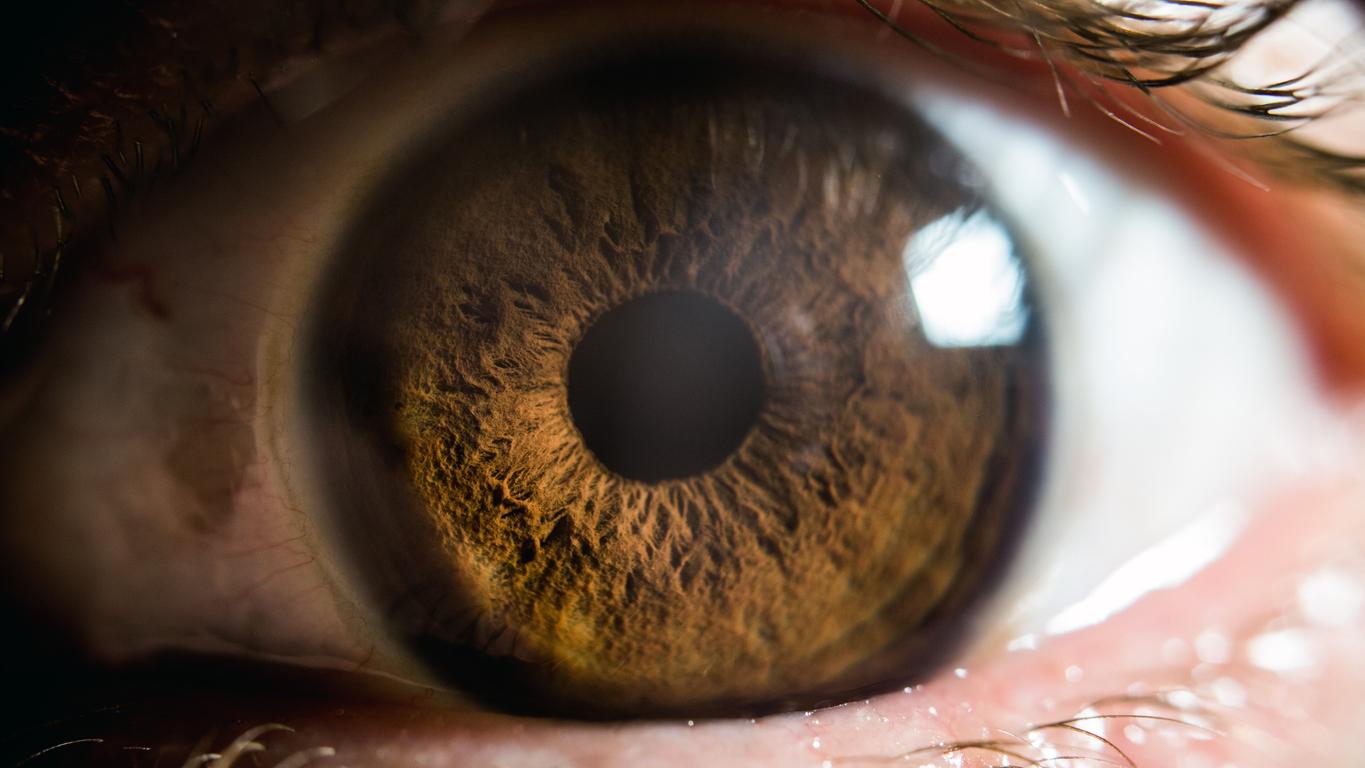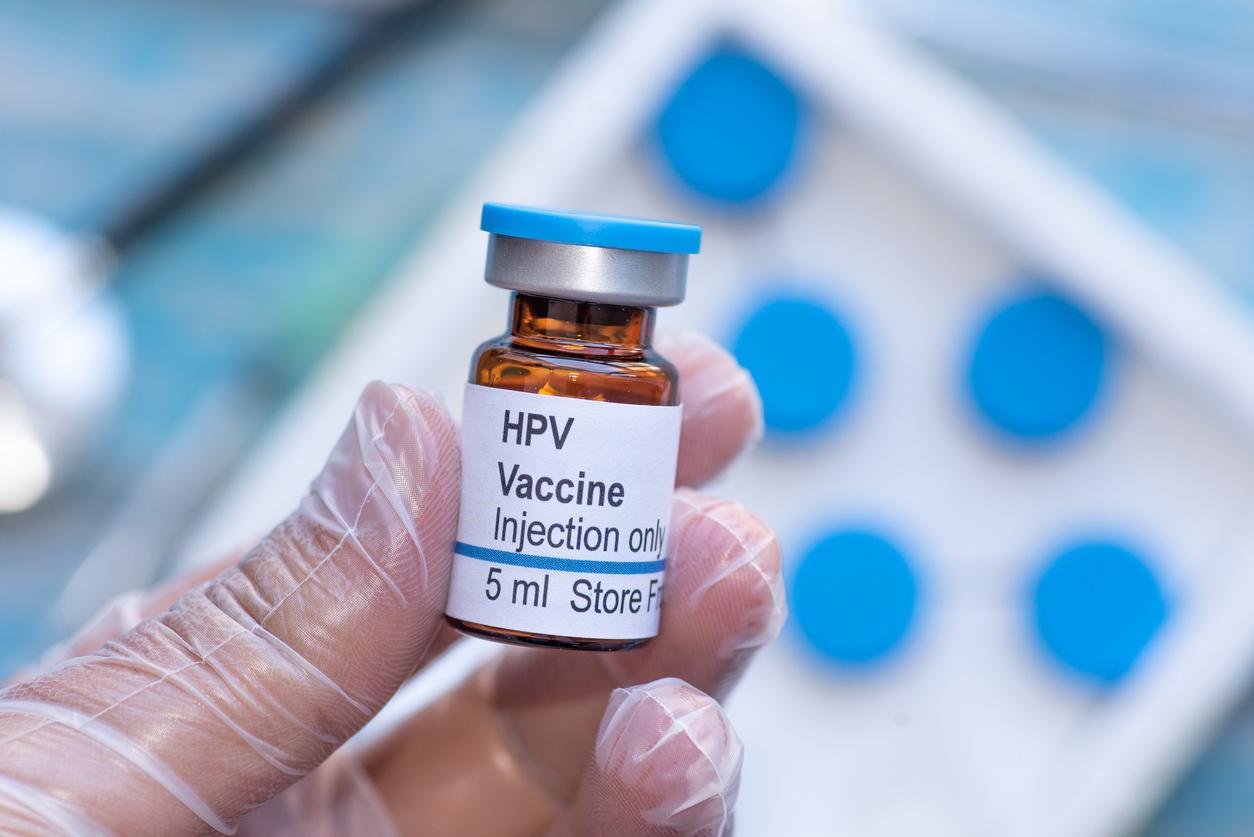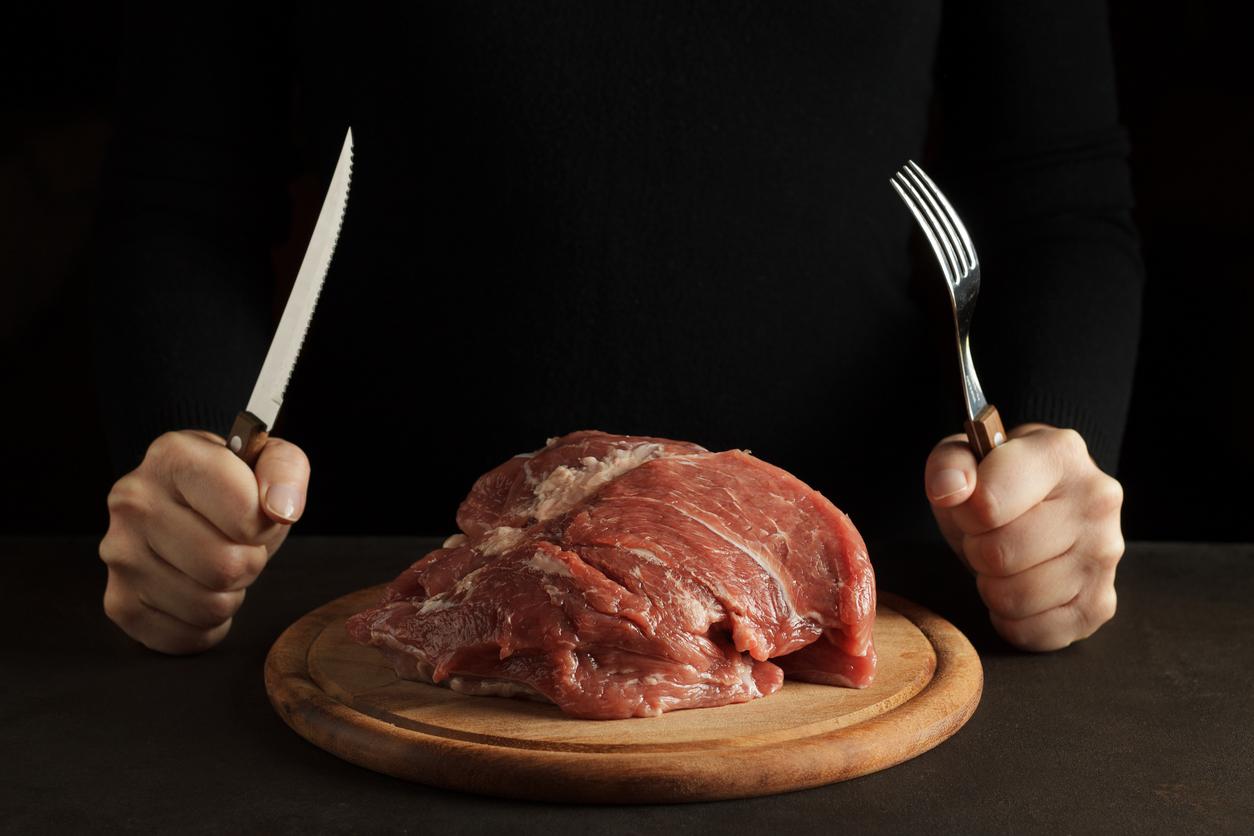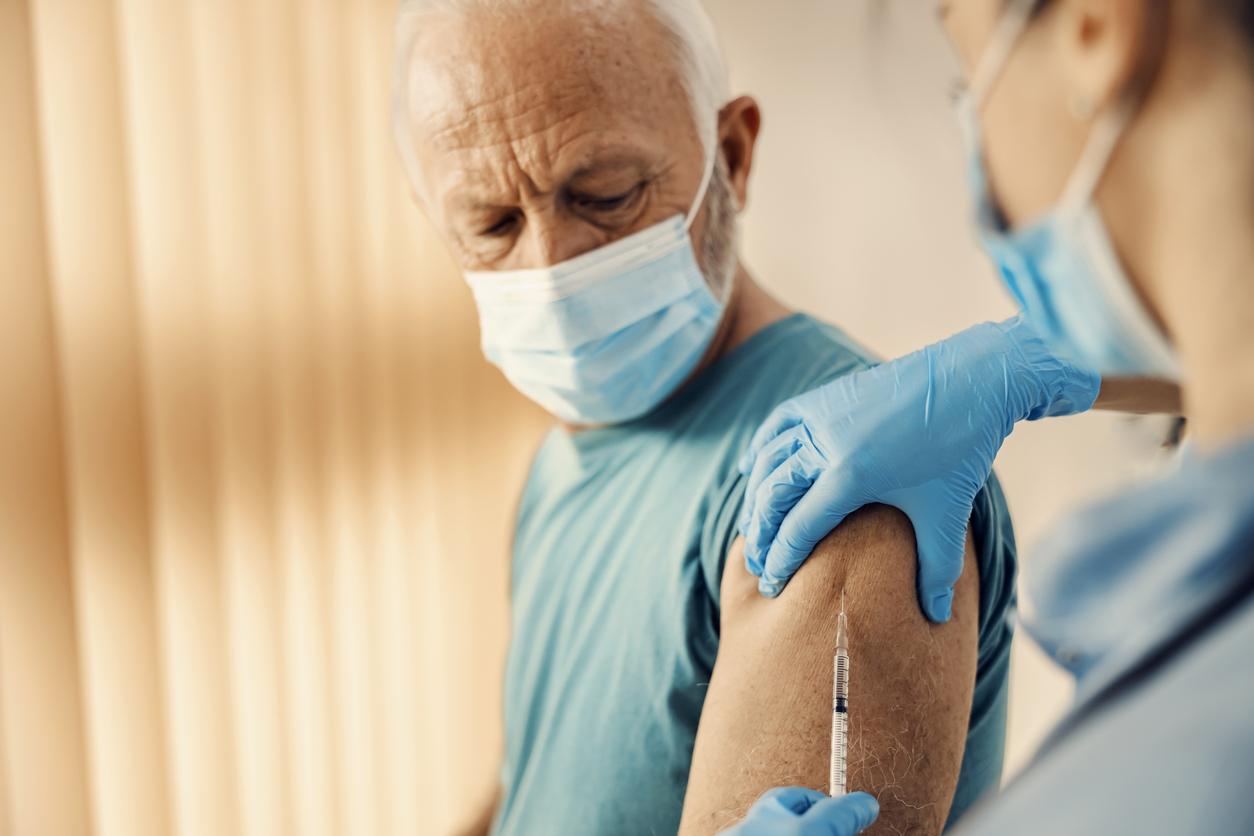Researchers are currently working on a new vaccine treatment to reduce excess LDL cholesterol. It could see the light of day within ten years.
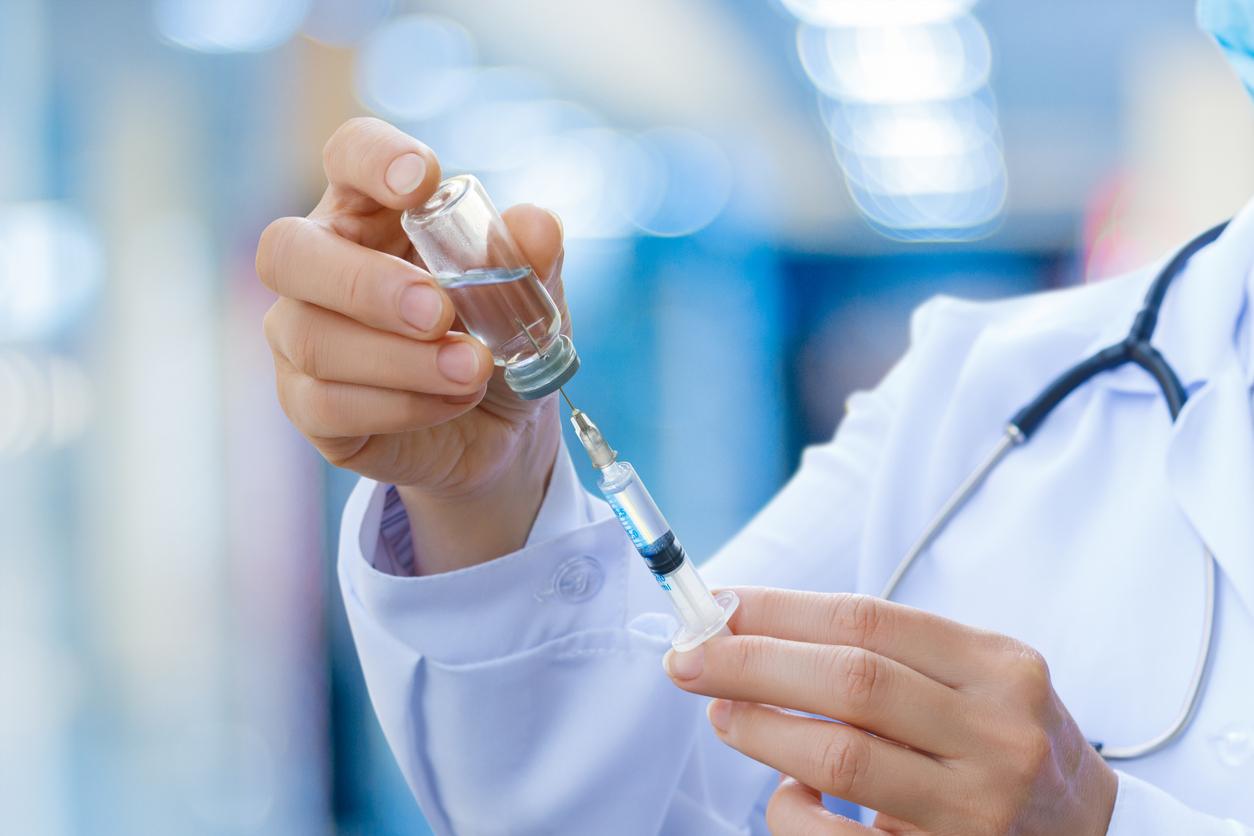
- Bad cholesterol can be deposited on the walls of the arteries and form atherosclerotic plaques which block the blood vessels, and thus lay the foundation for cardiovascular diseases and strokes.
- Researchers have developed a new vaccine that specifically targets the PCSK9 protein, an enzyme made in the liver that helps regulate LDL cholesterol metabolism.
- The vaccine has already been tested on mice and monkeys. Next step, on Man. Researchers hope to have a safe, ready-to-use vaccine “within the next ten years”.
Untreated, “bad cholesterol”, which concerns nearly one in five French peoplecan lead to cardiovascular diseases and strokes, the second leading cause of death in the country after cancer.
If drugs exist against excess LDL cholesterol, such as statins, prescribed to millions of patients, a new vaccine, developed by researchers at the University of New Mexico (United States), could open new avenues therapeutics. Their work was published in the journal npj Vaccines.
A treatment that targets the protein regulating LDL cholesterol
Concretely, this is a new treatment which specifically targets the PCSK9 protein, an enzyme produced in the liver which circulates in the blood and participates in the regulation of LDL cholesterol metabolism. “The more PCSK9 our body produces, the higher our LDL cholesterol level will be”can we read in a communicated. There are already bimonthly injections that can block this protein by 60%, but they are often very expensive and require prior authorization from a primary care physician or cardiologist.
Using vaccine platform technology, researchers created a new vaccine “based on a non-infectious viral particle”explains Professor Bryce Chackerian, lead author of the research. “It’s just the shell of a virus, and it turns out we can use that shell of a virus to develop vaccines for all sorts of different things.”

A vaccine against bad cholesterol within ten years?
Thanks to the experimental treatment, “the immune system produces a very strong antibody response against this protein”, continues the researcher. Over the past decade, the vaccine has been tested in mice and monkeys with promising results. “In the animals we vaccinated, we saw a strong reduction in cholesterol levels – up to 30%. A reduction that will be correlated with a reduction in the risk of heart disease rates.”
Next step: clinical trials on humans. Professor Chackerian hopes to achieve a safe and ready-to-use vaccine “in the next ten years”.



